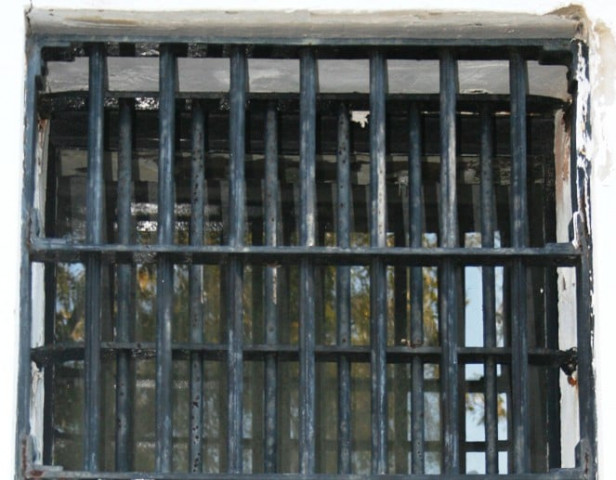Pakistanis in foreign prisons: Jailed in Thailand but reluctant to come home
Bilateral repatriation treaty requires offender’s consent before deportation.

Five more of 95 Pakistanis jailed in Thailand face the prospect of deportation in August this year, but this is not a preferable outcome for any one of them.
Javed Khan, who was sentenced to six years of imprisonment and fined 200,000 Thai bahts in a drug trafficking case, is one such prisoner who refuses to return to Pakistan. “My wife is a Thai national and our children also live here. I will be released in Bangkok and prefer to stay here,” he told The Express Tribune.
Khan, who hails from Mardan in militancy-hit Khyber-Pakhtunkhwa, is to be freed under the third phase of an extradition treaty signed between the Pakistani and Thai governments in 2007 and ratified in 2009.
Under the first two phases, The Pakistani embassy in Thailand repatriated 30 Pakistanis who had been jailed for various crimes, including drug trafficking, robbery and murder. Fifty others have also been sent back after they paid fines for minor offences such as possessing fake documents.
“Prisoners were sent back in three groups: eight were repatriated in December last year while 22 others were sent back in June this year in two groups of 11,” embassy counsellor Hassan Jamal said.
According to the embassy’s data, out of 95 prisoners, 54 are being held for drug trafficking, 22 for forgery and fake travel documents, 12 for robbery, three for murder and one for illegal business activity (without work permit).
The agreement states that the offender’s consent is required for his/her repatriation.
Muhammad Qasim Ali, who hails from Karachi and has been sentenced two years and four months on charges of travelling on fake documents, is also one of those unwilling to go back to Pakistan. “My family lives in Thailand. Also, if I go back, the process of my release will restart in Pakistan so I made an excuse,” said Ali, who has almost completed his sentence.
According to the treaty, central authorities have been designated on both sides to implement the agreement. In Pakistan, the authority is the interior secretary while in Thailand, a committee for consideration for transfer of prisoners has been designated. Written requests have to be made for transfer of prisoners.
Jamal said that it usually takes three months to complete the documentation for transfer if offenders fulfil the conditions of the agreement. However, he said, Thailand has so far not requested the transfer of any its nationals imprisoned in Pakistani jails.
Most inmates belong to Gujranwala division and Karachi. Under the agreement, in cases of drug trafficking, a prisoner must spend eight years in captivity in the transferring state if s/he is sentenced to life imprisonment and four years if s/he is sentenced to 25 years imprisonment, and serve the remaining portion in their home country. In all other charges, including murder, a prisoner must serve a minimum of four years in jail in the transferring country and the remaining in their home country.
The other three inmates, Masood Anjum from Sahiwal, and Muhammad Yousaf and Muhammad Saleem from Karachi, are however willing to repatriate. Anjum was handed a life sentence in a drug trafficking case and has served an eight-year sentence. Yousaf and Saleem were both sentenced for murder. Yousaf, who was handed down 33 years in jail, has servedeight while Saleem was handed down life imprisonment.
Published in The Express Tribune, July 10th, 2011.


















COMMENTS
Comments are moderated and generally will be posted if they are on-topic and not abusive.
For more information, please see our Comments FAQ